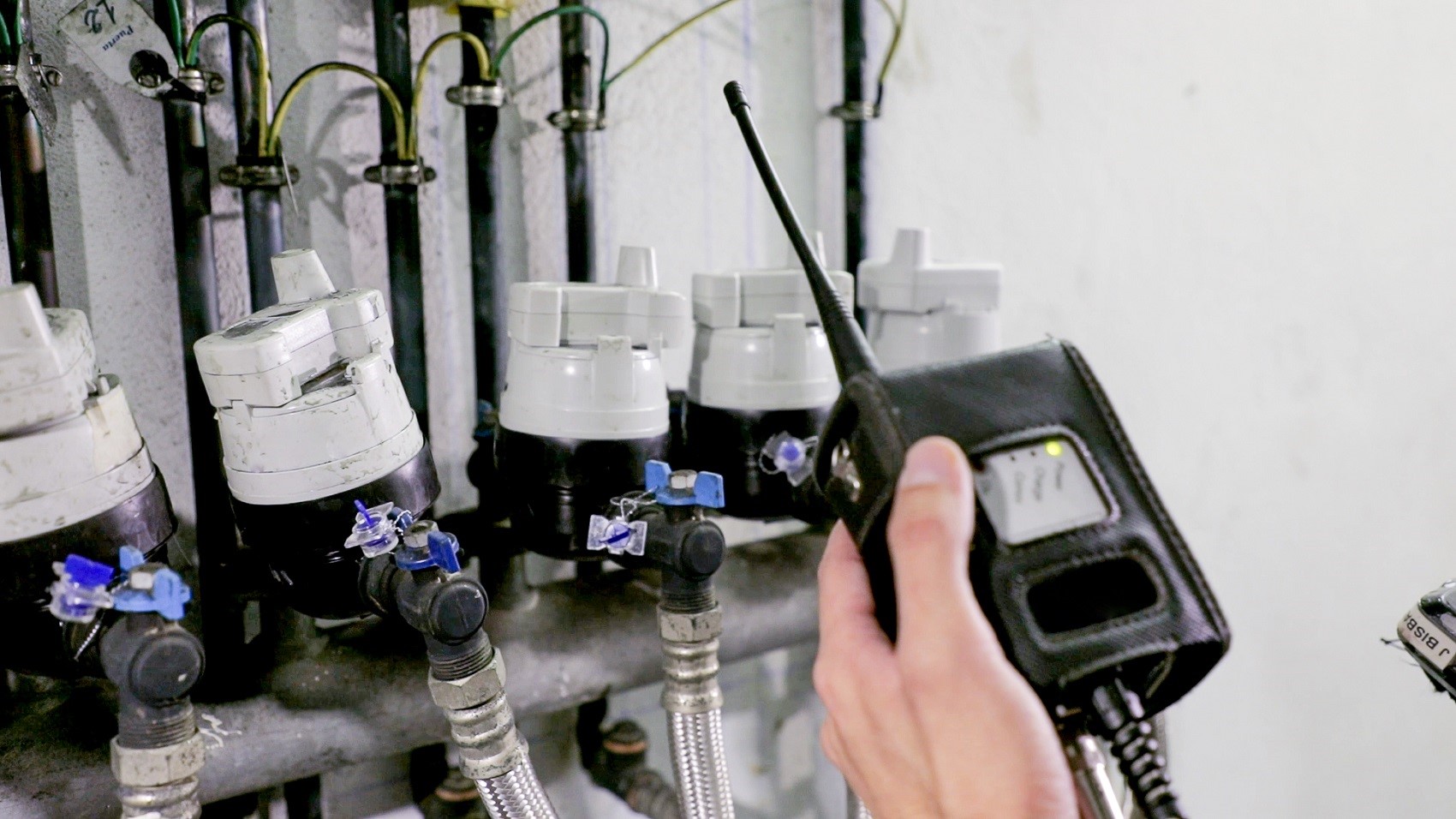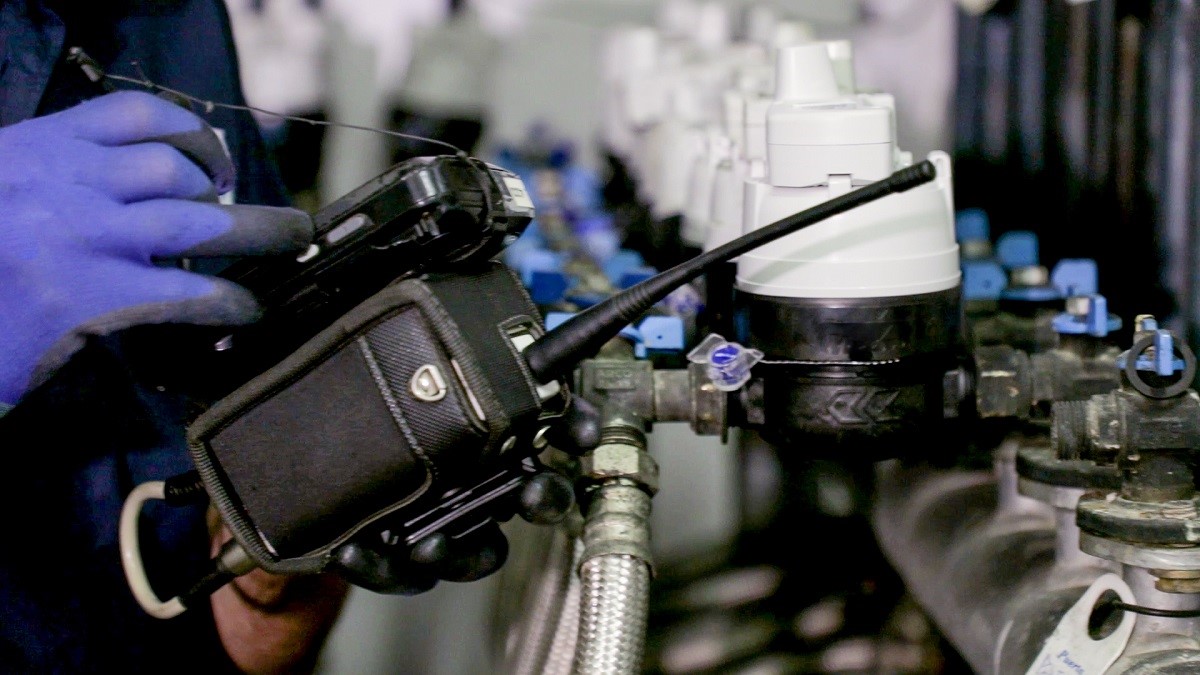Smart metering has revolutionized the water sector, providing advanced tools for efficient, sustainable water resource management. Smart metering has been a mainstay in digitally transforming the entire water cycle since it was introduced and continues to be a fundamental tool.
Smart metering technology was created in response to the need to manage water resources more efficiently and sustainably, driven by advances in digital communication and the development of digital sensors. It is a technology that uses smart meters to collect detailed data on water consumption. However, these advanced devices go beyond simple metering, as they enable real-time monitoring, leak detection, and two-way communication between the meter and the utility.
According to Carlos Tejedor, a Smart Metering & Instrumentation Specialist at Idrica:
“Water utilities have been investing in the digital transformation of micro-metering for some years now, not as an end in itself, but as a way to extract value from data and turn information into business intelligence”. Tejedor also stated that “developments in meters are one of the most important advances of the last 50 years in the water sector”.
Benefits of smart metering in the water sector
In this sense, smart metering has become an ally, not only in the digital transformation of the water cycle, but in actually managing the resource. In line with this idea, the World Bank stated that “Information systems are needed for resource monitoring, decision-making under uncertainty, systems analyses, and hydro-meteorological forecast and warning”.
- Management efficiency
According to the World Bank, the world will face a 40% shortfall between forecast demand and the available supply of water by 2030, calling for urgent measures to be taken to improve water resource management. In this sense, smart metering provides utilities and users with precise knowledge of water consumption. This real-time information facilitates informed decision-making to improve efficiency in water resource management.
- Rapid leak detection
The ability to constantly monitor water flows helps identify and locate leaks quickly. This not only reduces water losses, but also minimizes the environmental impact and the costs associated with repairing damage.
- Accurate, transparent billing
Smart metering removes the need for billing estimates and enables accurate pricing based on actual consumption. This leads to a more transparent relationship between utilities and users, raising awareness about responsible water use.
- Changes in consumer behaviour
When users have access to detailed consumption data, they are able to adjust their habits to reduce waste and save water. Environmental awareness increases as consumers become conscious of their individual impact.
- Automation and optimization
Smart metering technology brings automation to processes such as meter reading and data management. This reduces operational burdens, optimizing resources and improving service efficiency.
Innovative smart metering applications
- Integration with emerging technologies
Combining smart metering with technologies such as the Internet of Things (IoT) and artificial intelligence further extends its capabilities. Devices can learn consumption patterns and anticipate needs, improving operational efficiency.
- Real-time alerts and notifications
Smart meters can send immediate alerts about potential leaks and anomalous consumption. This enables a fast and effective response, minimizing damage and reducing associated costs.
- Data management platforms
Developing centralized platforms that integrate smart meter data gives policymakers and utilities a holistic view of the water system, facilitating strategic decision-making.
Smart metering plays a crucial role in the water management revolution, providing the perfect stepping stone to boost sustainability and efficiency. This innovative technology is a milestone in moving the water sector towards a smarter, more sustainable future, with benefits ranging from water conservation to operational optimization.
One of the best examples in the market is Global Omnium, one of the largest water utilities in Spain, which operates mainly in the cities on the country’s east coast. Two decades ago, the company had around one million meters, although the inefficiencies and costs of this system led it to progressively upgrade its network to the current smart grid it now runs. This is an example of digital transformation built on smart metering.




